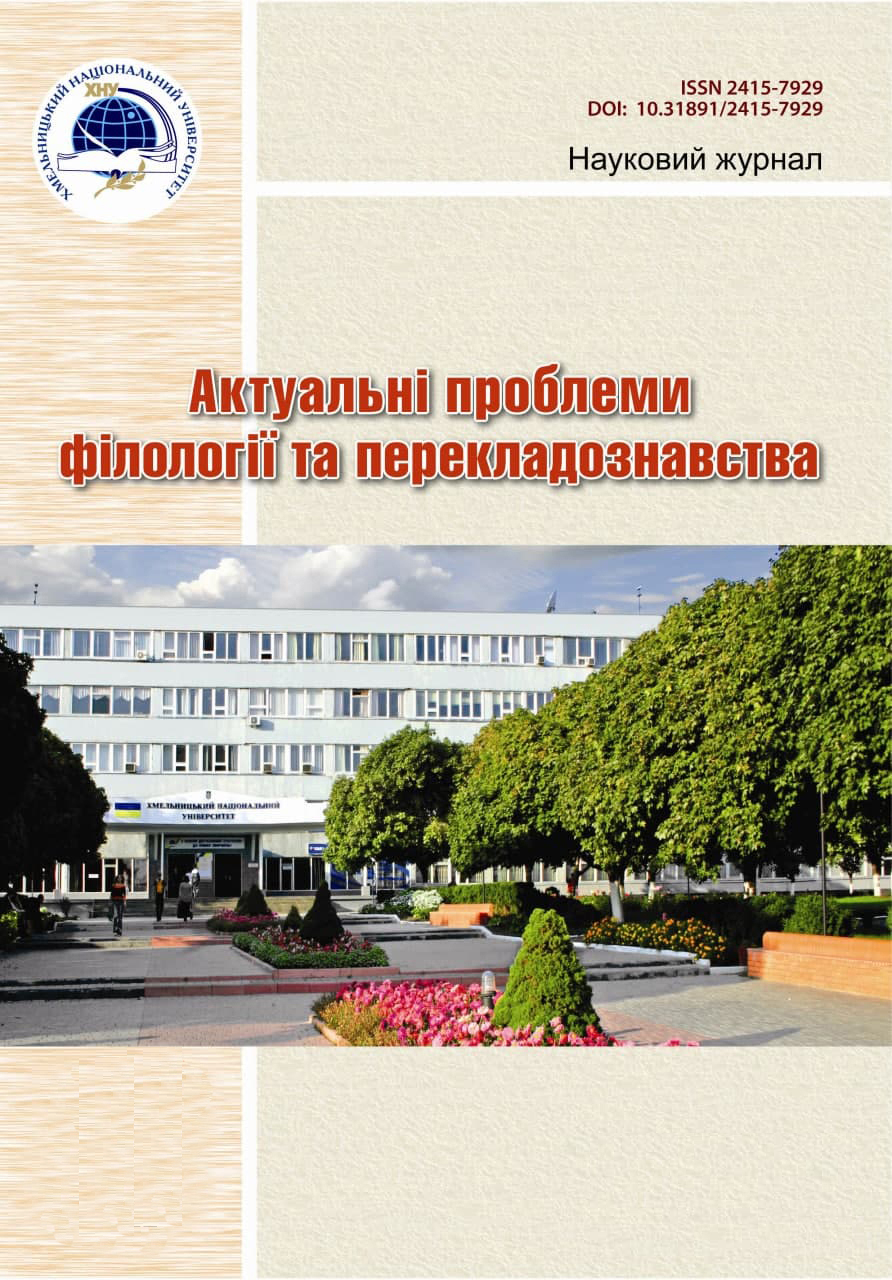PRAGMATIC ADAPTATION OF GERMAN ADVERTISING TEXTSFOR UKRAINIAN RECIPIENTS
DOI:
https://doi.org/10.31891/2415-7929-2021-22-28Keywords:
advertising, pragmatic adaptation, pragmatic effect, communicative function, recipientAbstract
The article deals with the analysis of the possibilities of translating German advertising texts into Ukrainian while preserving the pragmatic function of the original text. In the course of the research the main types and kinds of pragmatic adaptation were singled out. We also analysed the examples of adaptation of German-language advertising texts for the Ukrainian recipient and determined that if a translator systematically refuses to adapt a translation, it will eventually weaken the impact of the target text.
In order to maintain the pragmatic and communicative effect in advertising, the translator must pay attention not only to the needs of the advertiser to preserve the structure of the advertising text, but also to the culture and history of consumers of the language in translation. In the process of translation, the advertising text of the original language as a whole or its segments may undergo various modifications, which are known in the theory and practice of translation as translation transformations. Оnly an equivalent translation leads to the fact that the addressee of the translated text does not perceive it the same way as the recipient in the original language. In this case, the translator resorts to pragmatic adaptation and partially or completely changes the text of the message. There are four types of pragmatic adaptation: ensuring adequate perception of the translated text by the recipient and, if necessary, reproducing his background knowledge; by maintaining the emotional impact on the recipient, to ensure the correct perception of the original text; partially deviating from the original text and transforming the text according to the realities of the language of translation to ensure the desired effect on a particular recipient; solving problems with non-translatable elements of the original text or the so-called "extra-translation supertask".
Thus, pragmatic adaptation is the main part of the translation process, which contributes to the correct understanding of the text in the language of translation and the impact on the recipient.
Downloads
Published
Issue
Section
License
Copyright (c) 2021 М. ЧЕРНИК, І. КОНЯЩЕНКОВА (Автор)

This work is licensed under a Creative Commons Attribution 4.0 International License.

